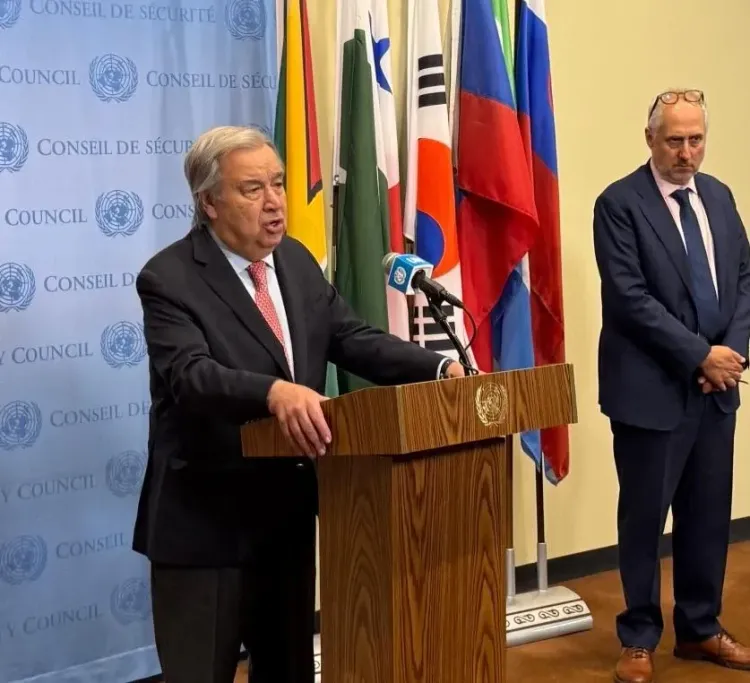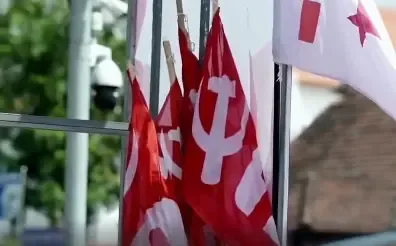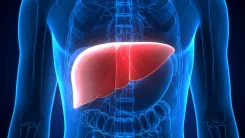Should the UN Chief Call for a Ceasefire in Gaza?

Synopsis
Key Takeaways
- UN Secretary-General calls for immediate ceasefire in Gaza.
- The humanitarian crisis in Gaza has reached alarming levels.
- International law necessitates Israel's facilitation of humanitarian aid.
- Guterres emphasizes a political solution and the need for a two-state approach.
- Immediate and unconditional release of hostages is essential.
United Nations, June 28 (NationPress) - Antonio Guterres, the UN Secretary-General, has urged for a ceasefire in Gaza after the temporary halt in the 12-day conflict involving Israel and Iran. While the focus has been on the clashes between these nations, Guterres emphasized that the plight of Palestinians in Gaza should not be overlooked. He stated, "The ceasefire achieved between Iran and Israel brings hope, which is desperately needed. Now is the time to summon the political will for a ceasefire in Gaza."
In the aftermath of the attacks by Hamas on October 7, 2023, military actions by Israel have led to a catastrophic humanitarian situation, worse than at any previous moment in this prolonged and brutal crisis, Guterres informed reporters at the UN headquarters in New York.
Families are facing repeated displacements, now crammed into less than one-fifth of Gaza's territory, with these diminishing areas under constant threat. Bombs are targeting shelters, families, and those with no escape routes. Individuals are losing their lives merely while attempting to secure food for their families, he pointed out.
“To be clear: Israel, as the occupying force, has international legal obligations to facilitate humanitarian assistance,” he remarked, highlighting that UN-led relief efforts are currently being obstructed, according to Xinhua news agency.
For over three months, essential supplies like shelter materials and fuel have been hindered. Healthcare professionals are forced to make harrowing decisions about who receives the last doses of medication or available ventilators. Even aid workers are facing starvation, he revealed. “This situation cannot be accepted as normal.”
Recently, a small shipment of medical supplies entered Gaza—the first from the United Nations in months. However, this merely highlights the enormity of the crisis. “A trickle of aid is insufficient,” he stated. “We need a surge; that trickle must become an ocean. We require decisive actions to ensure aid reaches all individuals—swiftly and extensively.”
He expressed concern that any operations directing desperate civilians into militarized areas are inherently dangerous, referencing the US-approved Gaza Humanitarian Foundation. “It is endangering lives.”
Addressing the challenge of distributing humanitarian aid, he noted that there's no need to reinvent the wheel with perilous strategies. “The UN possesses the solution—a detailed plan rooted in the humanitarian principles of humanity, impartiality, neutrality, and independence. We have the resources and expertise. Our approach is based on community needs and has been effective in past ceasefires. It must be allowed to operate once more.”
He called for an immediate ceasefire in Gaza, the unconditional release of all hostages, and comprehensive, secure, and sustained humanitarian access.
“To those in authority, I urge: enable our operations as required by international humanitarian law. To those in positions of influence, I implore: utilize it. To all member nations, I insist: uphold the UN Charter you reaffirmed just yesterday on its 80th anniversary,” Guterres stated. “Let’s ensure essential supplies reach those in need. The ultimate resolution to this crisis is political.”
The only viable route to restoring hope lies in advancing toward a two-state solution. Diplomacy and human dignity for all must prevail,” he concluded.










